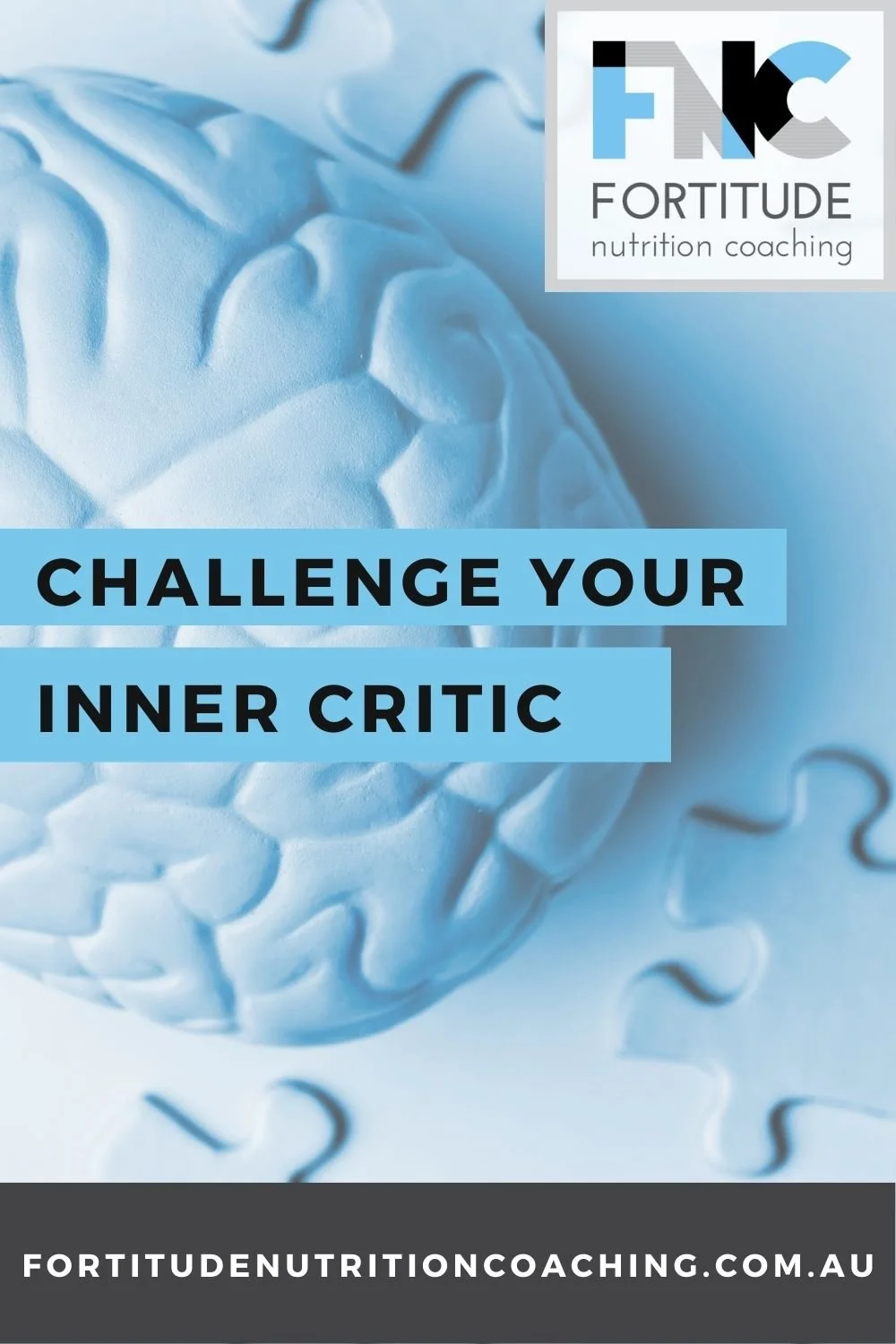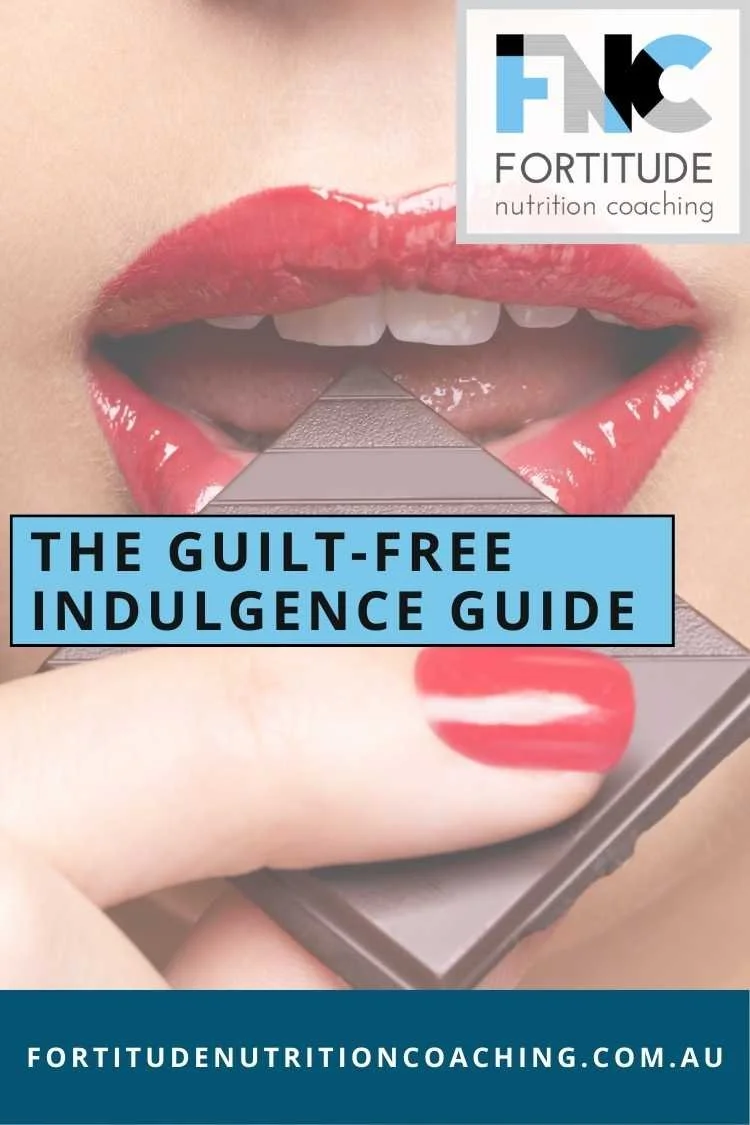The old saying goes that, “You are your own worst critic”.
Most of us are hard on ourselves, particularly if we feel like we don’t ‘match up’ in some way – in our achievements, career or study, social standing, relationships, appearance, body image, financial status…
If we make even the minutest mistake, then we have a tendency to berate ourselves. Being kind to ourselves doesn’t come easy!
Although criticism is easy to do, it often isn’t helpful. When driven by shame, self-criticism can turn into a maladaptive defensive strategy. We resort to negative judgments as an attempt to improve ourselves but it often backfires and leads to states of defeat. Studies show that self-criticism is actually negatively associated with goal progress! Totally not conducive to our desire for self-improvement.
So what can we do?
We can learn how to balance our self-critical thinking by being aware of our thoughts, recognising when they are unhelpful and practicing non-judgment.
Step One: Awareness
Self criticism often involves unhelpful thinking styles:
Labelling: making global and derogatory statements about ourselves on the basis of our behaviour in a specific situation
'Should'ing: using "should" statements to put unreasonable demands or pressure on ourselves
Overgeneralising: taking one negative instance and concluding that this applies to everything
To gain more awareness of your own self-critical thinking style, consider the following questions:
What do you typically criticise yourself for?
What sorts of things do you typically say to yourself/about yourself?
When you criticise yourself, how does it make you feel?
What do you think the negative consequences are of speaking to yourself like this?
How much (0-100%) do you believe these thoughts?
Step Two: Calm your nervous system
When we’re all revved up and anxious, it’s hard for us to think properly. When we are in threat mode, our sympathetic nervous system is active. We need to stimulate the opposing force of the parasympathetic nervous system to calm our body and mind. This calmer state gives our prefrontal cortex the chance to get back up and running, allowing for more balanced and considered thinking.
Step 1: Ensure that you are sitting in a comfortable chair or laying on a bed
Step 2: Take a breath in for 4 seconds (through the nose if possible)
Step 3: Hold the breath for 2 seconds
Step 4: Release the breath for 6 seconds (again through the nose if possible)
Step 5: Pause slightly before breathing in again
Step 6: Then practice, practice, practice!
Step Three: Balanced Thinking
When we make a critical self-judgment, we’re describing how things ‘should’ or ‘shouldn’t’ be. Judgments often distract from reality and beating yourself up for something you’ve done doesn’t change the fact that it happened.
Not to mention, judgments like this tend to feed emotions such as anger, guilt, shame that are often unhelpful/inappropriate in the circumstances.
Instead, we need to focus on practising being non-judgmental. Swap your judgments for statements of preference, consequences, or fact.
Statements of Preference: “I like...” “I prefer...” or “I wish...”
Statements of Consequences: “This is helpful/harmful for...” “This is effective/ineffective for...”
Statements of Fact: 'This thing happened in this way, at this time..."
For example,
‘I’m lazy’
Becomes…
I didn’t get everything done that I wanted to do today and I skipped my workout [FACTS]
and I feel frustrated with myself [FEELINGS].
Another strategy is to practice self-compassion. Next time you feel yourself being critical, ask yourself the following:
What advice would I give to a friend I deeply care about who was thinking and feeling this way?
What are some other ways of viewing this situation that might be more realistic, kinder or more helpful to me?
How will I feel about this in 1 week, or 1 month, or 1 year? (If it won’t matter much then, can I let go of it now)?
What can I do to cope and look after myself now? What do you really need?
It’s not easy.
But learning how to spot your self-criticism and balance your thoughts is crucial to picking yourself up and making progress towards your goals.
1 on 1 Nutrition Coaching with Fortitude Nutrition Coaching
Are you looking for an understanding and supportive human to talk with, to help with advice and guidance? An objective set of eyes to see what you could improve to move towards your goal in the easiest possible way?
We work with real people and get real results. Sign up for 1 on 1 Nutrition Coaching today and get the support, guidance and accountability of a Fortitude Nutrition Coach.












Tired of the "eating healthy" cycle that leads nowhere? Our blog unveils the blueprint for success. Say goodbye to vague intentions and hello to a clear Action Plan. Transform your eating habits with precision - from veggies to protein, breakfast to overcoming obstacles. Break free from the loop and embark on a fulfilling journey. Ready to achieve your goals with confidence? 🎯 Learn more: https://www.fortitudenutritioncoaching.com.au/blog/why-healthy-eating-doesnt-work